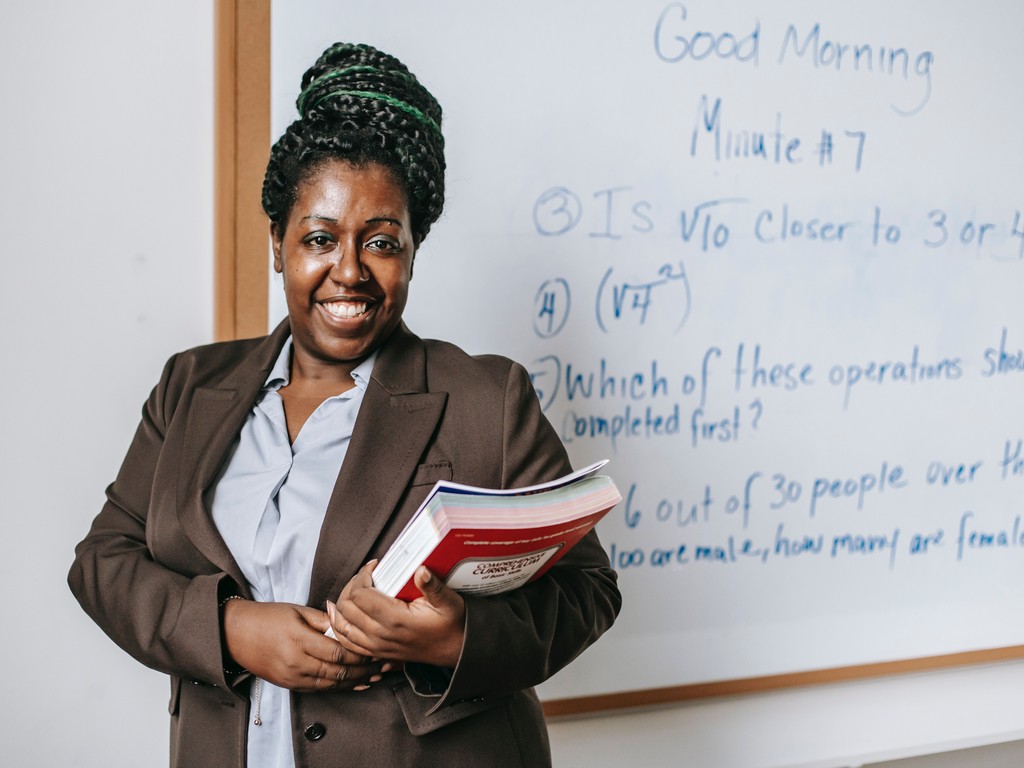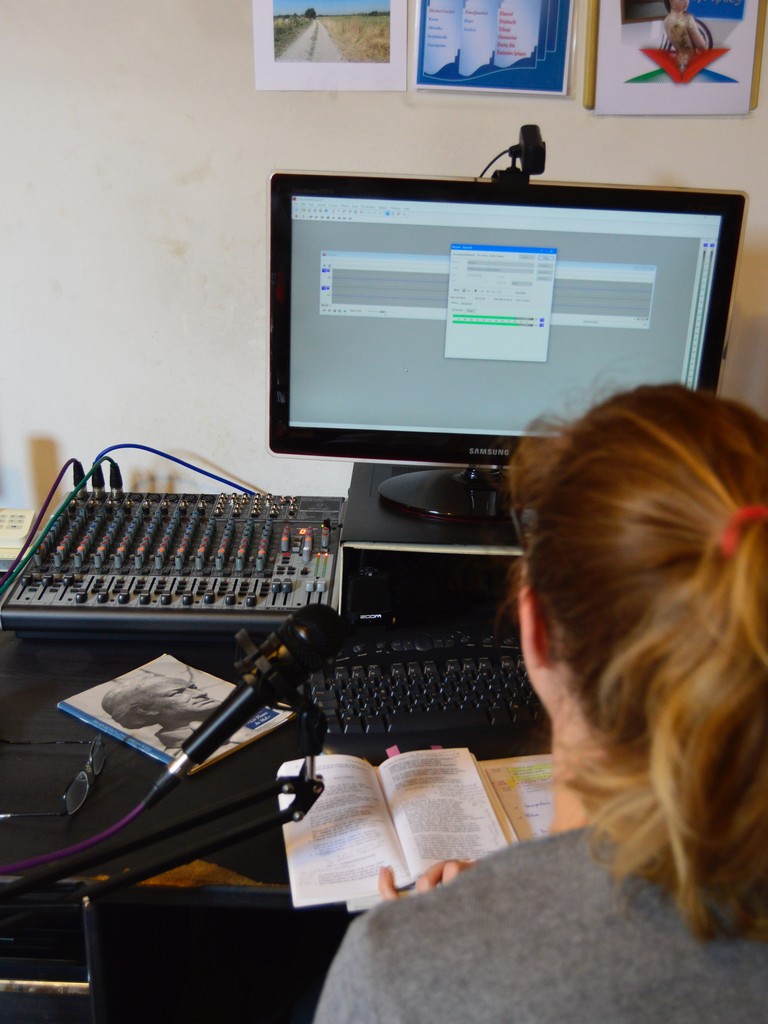Southern New Hampshire University Baseball Schedule Announced
The Southern New Hampshire University baseball schedule has been announced and it is packed with great games. The Penmen will open their season on the road against LeMoyne on February 28th. They will then have a home opener against Franklin Pierce on March 3rd. The conference schedule begins on April 3rd when they host Saint … Read more









